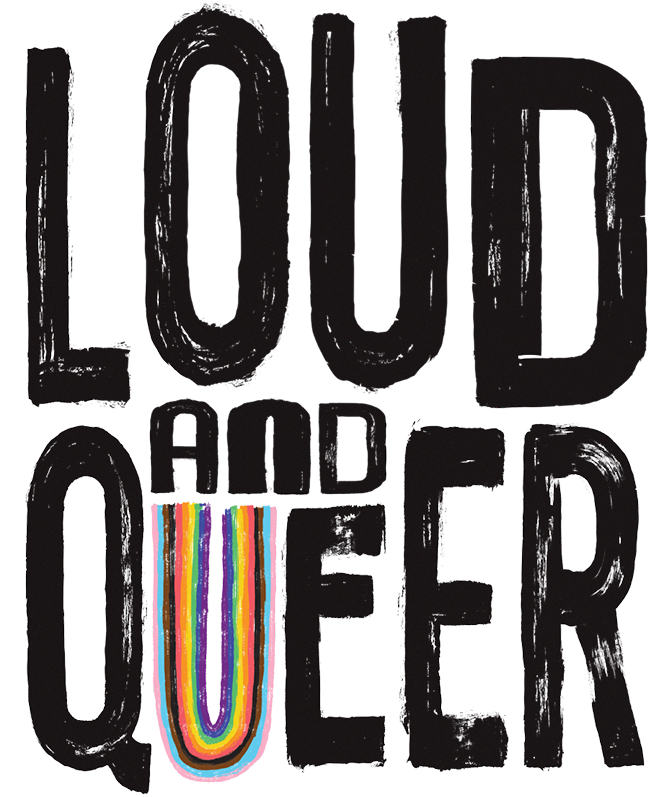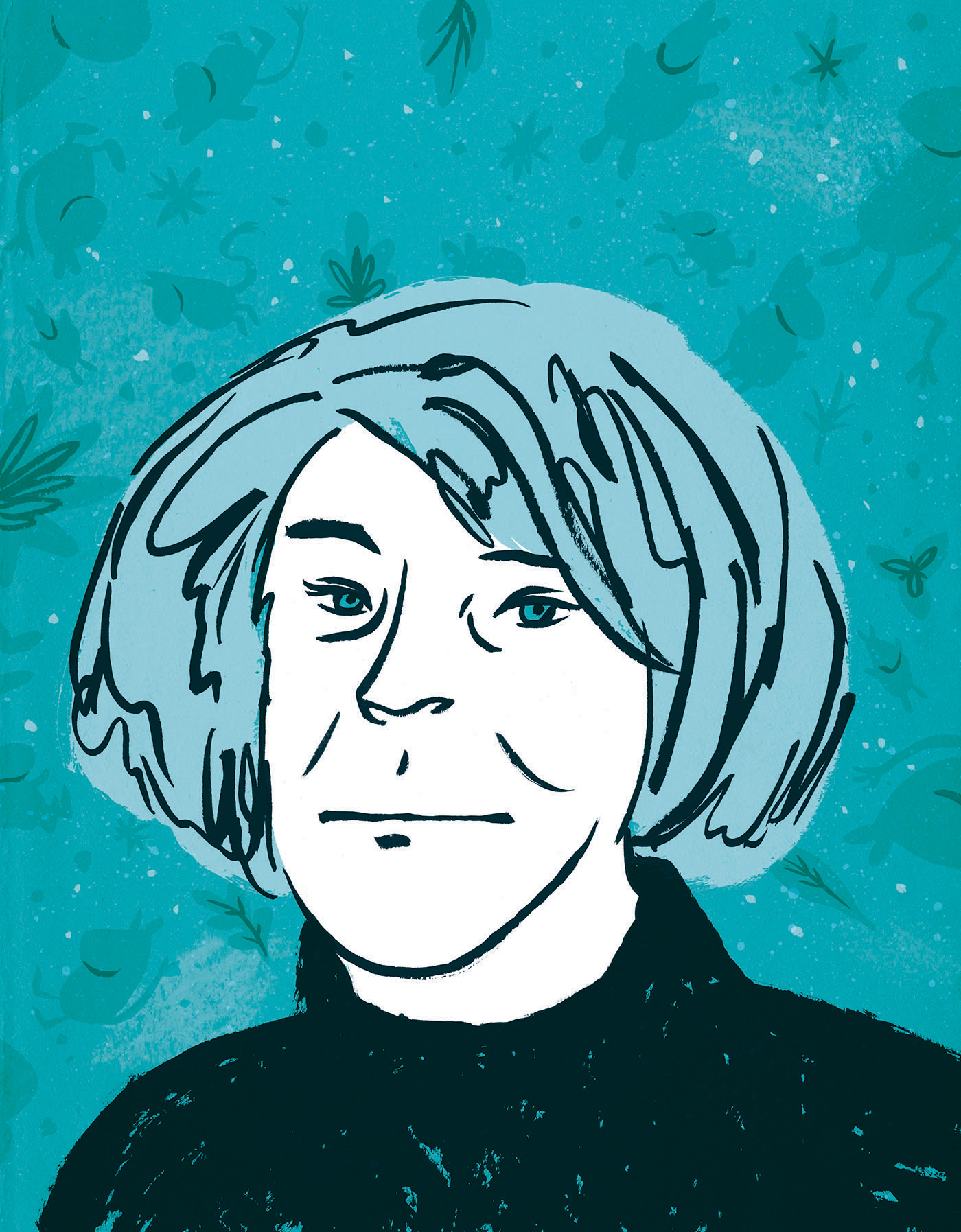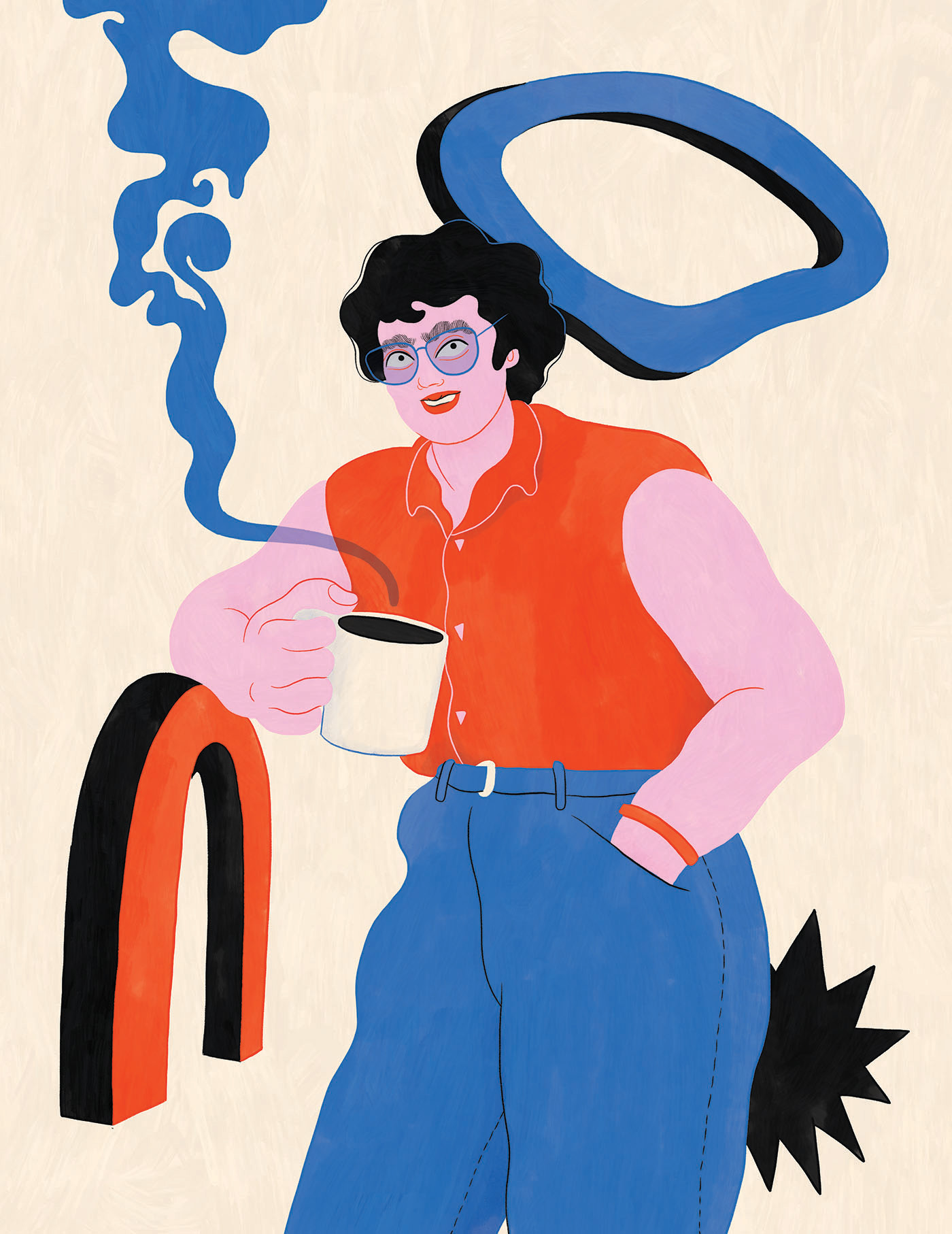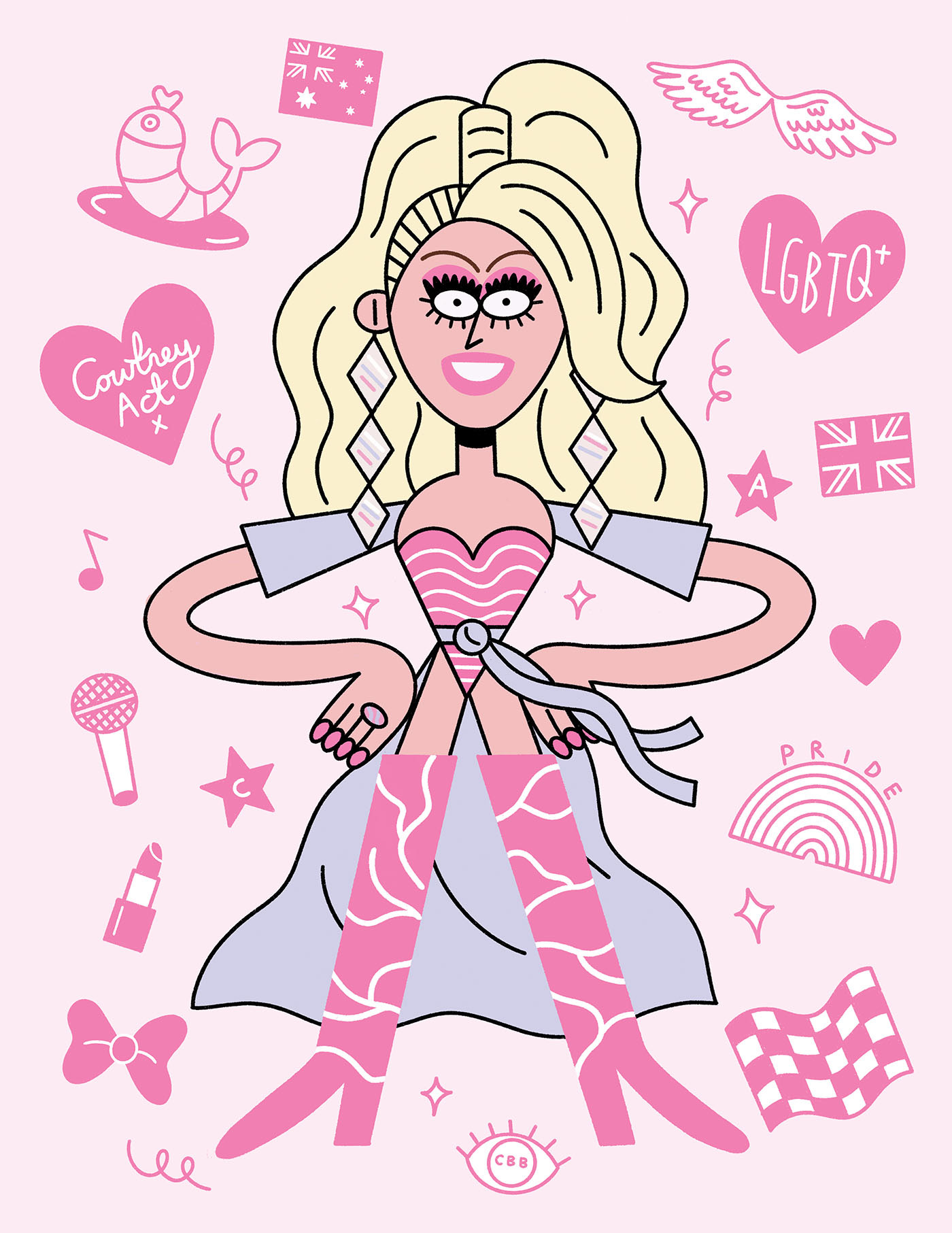
Ifti Nasim
Artwork By:
Davey Levson
Words By:
Prishita Maheshwari-Aplin
Scroll Down


About

The year that the LGBTQIA+ community clashed with police at the 1996 Stonewall Riots, 21-year-old Ifti Nasim landed in New York, escaping homophobic ostracization and inspired by a LIFE magazine article that described the United States as “the place for gays to be”. Born in 1946 Lyallpur (now Faisalabad), Pakistan, Nasim grew up aspiring to be a dancer, and performed kathak privately among friends. However, struggling with internalised homophobia due to accompanying stigmatisation, Nasim instead found catharsis in a similarly rhythmic outlet – poetry.
Beyond aiding personal healing, Ifti Nasim’s poetry enabled him to advocate for political issues, such as Pakistan’s martial law – but not without backlash. Aged just 16, he was shot by a soldier as he recited a politically-charged poem at a protest. However, Nasim, who cited Allen Ginsberg as his “spiritual guide”, did not allow this to hinder his creativity. Instead, he wrote poetry in Urdu, Punjabi, and English, publishing three books in Urdu that explore queer oppression in post-colonial countries.
The first of these books, Narman, meaning ‘hermaphrodite’ in Persian, was the first direct statement of gay longing in Urdu. Narman was distributed underground in India and Pakistan, published in a controversial fashion – upon becoming aware of the contents of the manuscript, the publisher screamed “Take these unholy and dirty books away from me, or I’ll set them on fire!”. However, through its unbashed portrayal of queer desire, Narman sparked a generation of poets to write “honest” or, as this genre became known, “narmani”, poetry.
Ifti Nasim, who referred to God as she/her, told Chicago Tribune in 2001 that, while he did not practice Islam, he did “compensate by helping other people, by doing [his] activism.” An active campaigner during the 1980s AIDS crisis, Nasim co-founded Chicago’s first South Asian LGBTQIA+ community organisation and support group, Sangat (meaning ‘togetherness’). Through this network for those he described as a “minority within a minority”, he also fundraised to hire lawyers for queer individuals seeking asylum.
Ifti Nasim donned many glamorous hats – writer, activist, car salesman – but he consistently defied all expectations. Rather than conveying longing in Urdu poetry through euphemism, as was traditional, Nasim used graphic language and imagery. Even as a car salesman, Nasim dressed in furs and bejewelled silks, and famously responded to Oprah Winfrey’s question on the size of a Mercedes engine with, “Are you going to sleep with it?”.
A true queer Pakistani icon, Ifti Nasim gathered impressive accolades throughout his career, until his death on 22 July, 2011. Nasim was the first ‘Third World’ poet to read at Chicago’s Harold Washington Library Center, and was inducted into the Chicago Gay and Lesbian Hall of Fame. However, his greatest achievement may have been his ability to change minds and hearts – a prominent Pakistani in his 60s apparently told Nasim that he cried while reading Narman, after which he became an ardent supporter of gay rights.
Fabulous, radical, and resilient – such was the timeless legacy of Ifti Nasim.
Category
Art & Literature







.jpg)